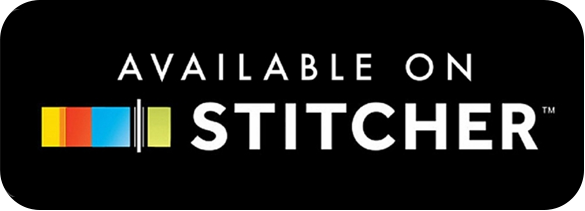Our practitioners offer proactive therapeutic sessions that are talk therapy-based similar to those you may experience with CBT (cognitive behaviour therapy), counselling or psychotherapy. However, we rely on NLP (neurolinguistic programming) as the primary modality to help our clients develop strategies to manage their thoughts, feelings and behaviours in a more helpful way.
NLP has been used as a therapy for the treatment of habits, phobias, traumas, unwanted emotions and troubling thoughts since the 1970s. NLP tends to be a fast-acting modality as the client is taught strategies and processes that they can put into action in their daily life to deal with the undesirable emotions and thoughts they are experiencing day-to-day. It isn’t a therapy that relies solely on talking about the past. NLP is a client-centred approach and as such, requires the motivation and commitment to change of the client. It is a positively focused way of improving yourself by changing old patterns and giving you the freedom and flexibility to think about your circumstances with a new perspective. Find a practitioner here. Our practitioners are trained and mentored by a psychologist with 18 years of experience in NLP.
People Building practitioners are often trained in other therapeutic modalities such as hypnotherapy – the application of hypnosis for therapeutic reasons. Hypnotherapy works by bypassing the critical conscious mind, allowing changes to be made at a deeper, unconscious level where your automatic behaviours and reactions reside. It is a deeply relaxing state but is not as deep as being asleep. There are many health benefits associated with hypnotherapy, such as having the confidence and commitment to quit smoking, lose weight or prevent anger.
Our practitioners may also be trained in IEMT (Integral Eye Movement Therapy), EFT (Emotional Freedom Technique), or have qualifications in psychology or other therapies.
Often, those who seek out our services may have realised that they are having additional challenges in life due to a difference that has been identified in their processing abilities. This can sometimes be the result of neurological differences such as ADHD or ASD that is not identified until adulthood. Our practitioners will help you to work around the neurological differences you may have so that you can feel socially connected and easily deal with the challenges a diagnosis or suspected disorder may be having.
How is NLP different from counselling?
Sometimes our therapy sessions appear similar to counselling or psychotherapy because we initially help you to identify your problem through some specific questions that formulate our free consultation session. These psychotherapy-based questions help us to isolate the main issues you are experiencing from those that are residual issues. These counselling-type conversations enable us to accurately identify the best strategies to build into your treatment plan. Find a practitioner here.




























